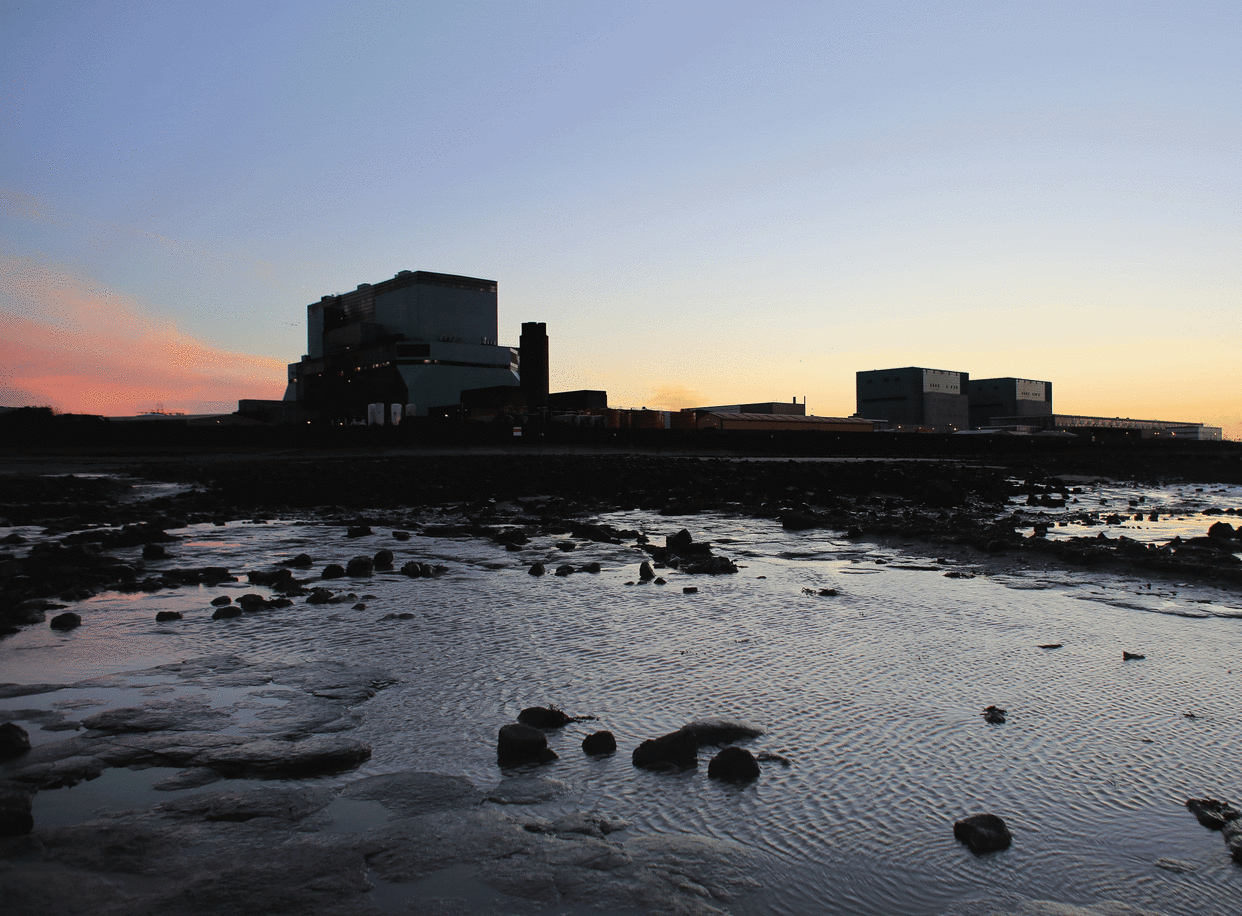Theresa May says UK will pay to save links with EU nuclear agency, prompting accusations of another U-turn

Theresa May says Britain will pay to save links with part of the Euratom nuclear agency after Brexit, triggering accusations of another U-turn.
The UK will seek to “fully associate ourselves” with the body’s research arm, she announced – despite the bitter row over the decision to leave Euratom as a whole.
That pull-out has triggered warnings that Britain’s nuclear power stations could run out of fuel and hospitals will run short of radioactive isotopes to treat cancer patients.
Now the prime minister, in a major science speech, has described associate membership of Euratom’s research programmes as being in “the mutual interest of the UK and the EU”.
“Of course, such an association would involve an appropriate UK financial contribution, which we would willingly make,” Ms May said.
The announcement was seized on by the scientists’ trade union Prospect as evidence that she had “finally listened to the science sector and trade unions”.
But, added Sue Ferns, its deputy general secretary: “If the government can accept that an association for R&D is advantageous to the UK, why do they continue to insist that such an association is legally impossible in other areas?”
Ben Bradshaw a Labour MP and supporter of the People’s Vote campaign for a referendum on the Brexit deal, said: “Belatedly, the Government seems to be waking up to the fact that breaking our links with European science and innovation programmes would be extremely damaging.
“Any attempts to limit the damage are of course welcome, but the prime minister remains committed to delivering a hard and destructive Brexit which will sever many of our ties with Europe.”
Speaking at the Jodrell Bank Observatory in Cheshire, Ms May said she also wanted the UK to retain full association with the successor to the Horizon 2020 science programme.
The annual cost of participating in a range of EU science and education projects after Brexit has been put at around £2bn by the Treasury’s independent watchdog.
The latest announcement comes after Ms May said, in March, that Britain wanted to remain part of other European agencies relating to medicines, chemicals and aviation – at unknown cost.
In her speech, the prime minister also sought to dismiss fears that British universities will suffer an exodus of foreign-born researchers after Britain leaves the EU.
“Today, over half of the UK’s resident researcher population were born overseas. When we leave the European Union, I will ensure that does not change,” she pledged.
And – in a passage that appeared to jar with the reality of Brexit – she argued for a future where “scientific collaboration and the free exchange of ideas is increased and extended”.
The government has insisted the UK must leave Euratom when it leaves the EU, because membership requires abiding by rulings of the European Court of Justice (ECJ).
It is believed that a continued tie-up with Euratom R&T [research and training] may not involve that commitment. Switzerland and the Ukraine – which are not EU members – are already associate members.
Furthermore, the bulk of the research work is carried out at Culham Centre for Fusion Energy, the UK's national fusion research laboratory, in Oxfordshire.

 Yahoo News
Yahoo News 
